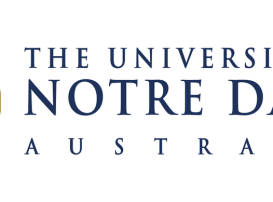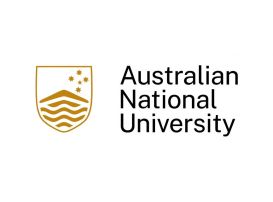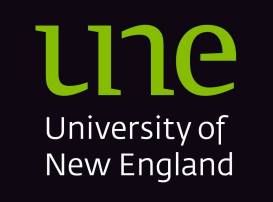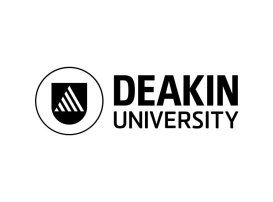Australian National University (ANU)
Bachelor of Arts
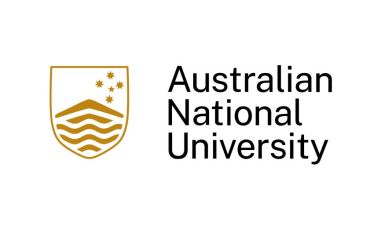
The Bachelor of Arts is the most diverse, most flexible, and most popular degree at The Australian National University. Each of its some forty majors, in fields throughout the arts, humanities and social sciences, is taught by truly outstanding scholars to ensure that each student receives the very best education, is engaged with cutting-edge research, and learns to think like a researcher. These majors can be coupled with more than seventy minors and specialisations to broaden or deepen your study. Regardless of your choices, your Arts degree will provide you with core skills in critical analysis and in written and oral communication, while developing your adaptability and ability to help shape change and prepare you for a multifaceted career or further study.
Career Options
ANU ranks among the world’s very finest universities. Our nearly 100,000 alumni include political, business, government, and academic leaders around the world.
We have graduated remarkable people from every part of our continent, our region and all walks of life.
Employment Opportunities
Graduates of the Bachelor of Arts may find work in publishing, policy, education, international development, politics, media, information technology, communications, journalism, aid, advertising, art conservation, government and many other fields.
Learning Outcomes
- critically apply theoretical frameworks and research techniques to understanding national and international issues and problems;
- identify, including through interrogation of databases, relevant sources of information from across a variety of media (print and digital, written and audio-visual) and judge the importance and reliability of those sources;
- evaluate ideas and develop creative solutions to problems, including through independent pursuit of knowledge and making connections between different disciplinary approaches and methods;
- communicate and debate both orally and in writing, and work with others, using a variety of media; and
- understand the ethical implications of ideas, communications, and actions.
